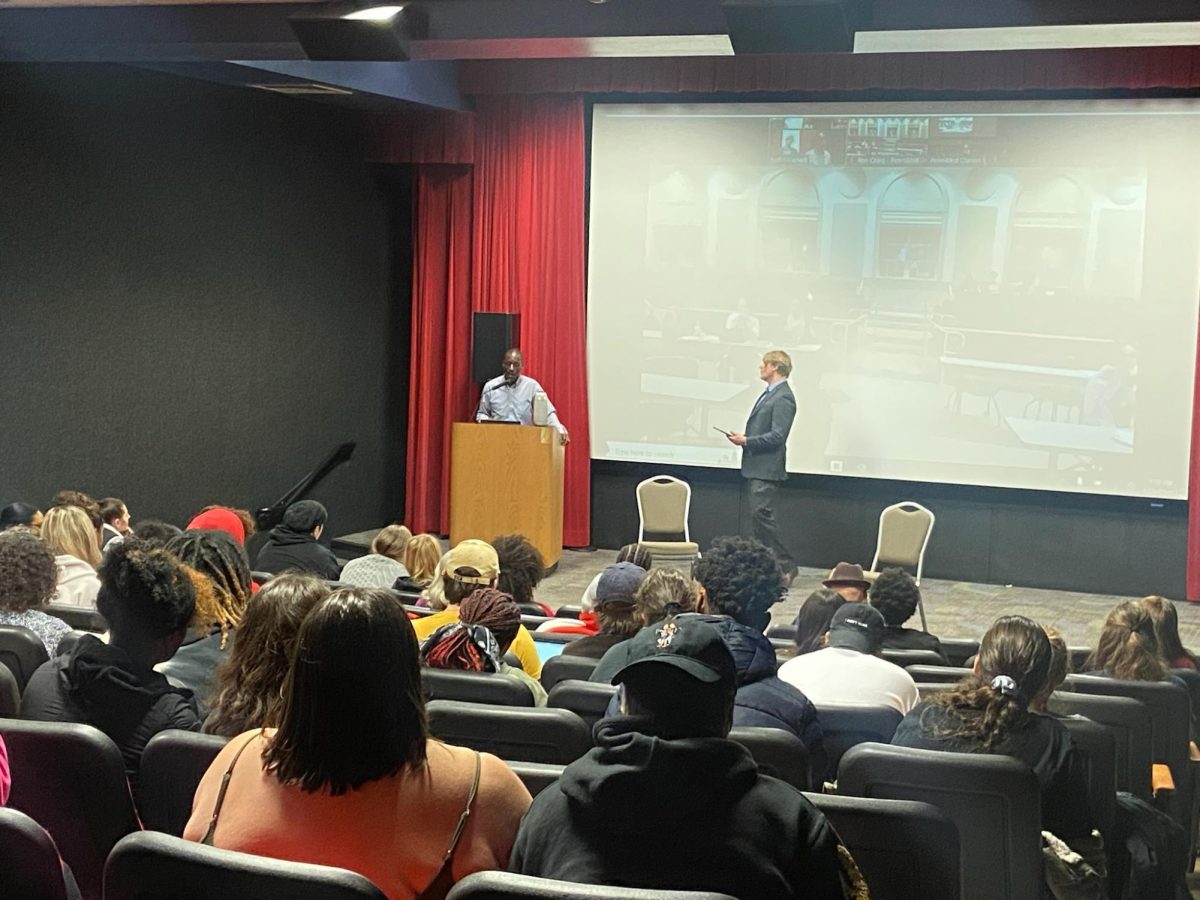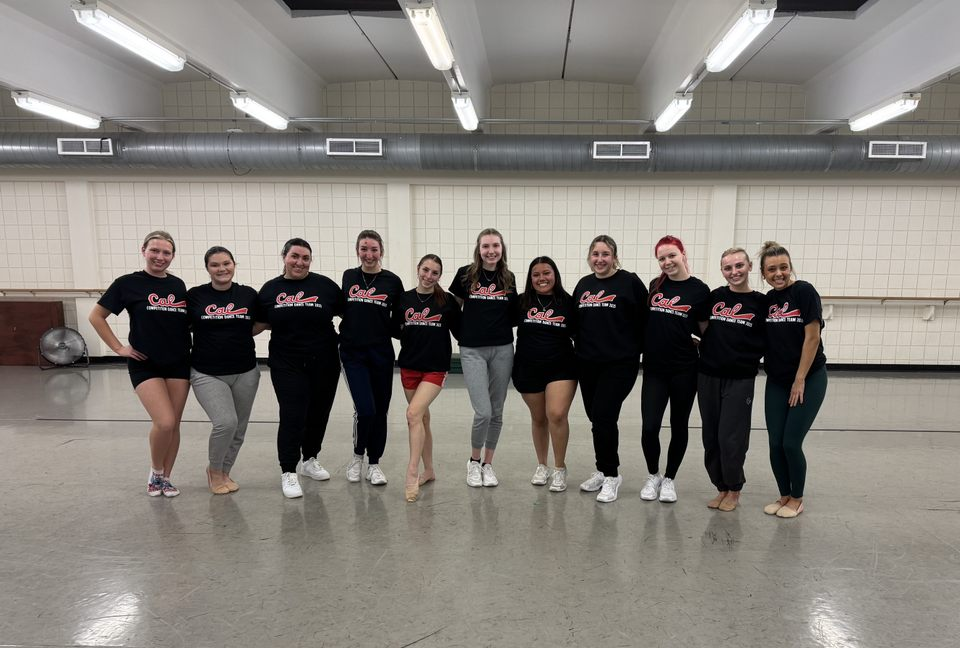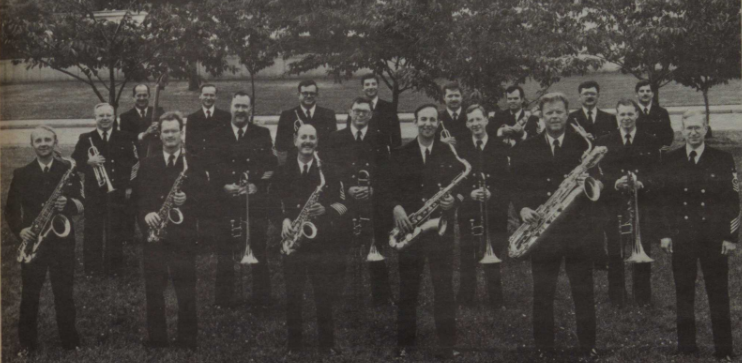Reuben Brock has been defined by his many irons in many fires. A trained musician, a tenured motivational speaker, a photographer, an author, a psychology professor, a husband, a father.
And now, filmmaker.
From so much wide-ranging experience, Brock felt ready to dip his toes into anything. His next hurdle was a large one: writing, directing, and starring in a new documentary about black issues in Pittsburgh.
“I’m about to have a heart attack but that’s alright,” Brock joked to the sizable crowd at Vulcan Theater in the early evening of November 14, “This is the first time a real audience will see this movie, so thank you.”
Three years in the making, Black Pittsburgh travels down many avenues and back alleys to find what Brock, a black man, called a “comprehensive view of the black community.”
Wide-reaching and thorough, much like Brock himself, the film looks at Pittsburgh’s black community from all cultural angles. Through mediums like jazz music, athletics, and the family structure. However, after a report was released by the city detailing that Pittsburgh is one of the worst cities in America for a black person to live, a large portion of the film had to be dedicated to the daily struggle of being black in the Steel City.
Brock says that is no accident, but also hoped that the students and faculty viewing the movie would not see it as a film about oppression. Instead, he hoped they would see it as an all-encompassing love letter to his roots.
“It was something I was very careful about,” he said, “I wanted this movie to feel good. It was very important to me that it didn’t feel like the same ho-hum story of ‘oh we sure are struggling’. Yes there are struggles [in the black community], but I wanted to talk about the triumph. I wanted to talk about the strength.”
Even still, the film could not shy away from the most pressing issues facing black people in Pittsburgh. Police brutality, economic hardship, the ghosts of redlining and the modern effects of gentrification, and even the struggles of black LGBTQ+ members. Most of the featured speakers in the documentary were there to specifically tackle those issues, including prominent politicians like John Fetterman, Summer Lee, and Austin Davis, all of whom have moved up in the Pennsylvania political ranks since the filming of Black Pittsburgh in January of 2020.
Brock, seeing their rise through the political landscape, was admittedly intimidated.
“That was actually what made me realize what I had,” he said, “because I included those people because of their current positions [at the time]. When all of these people won and elevated their positions, particularly someone like Summer Lee in a historic way, it illustrated for me how important what I had done was gonna be.”
Lee was, at the time, a member of the Pennsylvania State House of Representatives, and is featured prominently throughout the film. In one sit-down during the film, Lee says that the current environment has created a “Toxic situation for Pittsburghers”.
Brock ran for Congress in 2018. Though he was not successful, his connections in politics proved vital for the production of the film. The documentary was meant to be, according to Brock, a time capsule of the political landscape of Pittsburgh at the time.
Apart from politics, Brock’s featured speakers are vocal and explicit in their voicing of the black struggle in Pittsburgh. Featured multiple times is Damon Young, author and contributing columnist for the Washington Post Magazine. In the film, he claims that there is an “intentionality” as to why black Pittsburgh is so vastly different from white Pittsburgh.
“How do you explain this paradox?”, he asked. “You explain it by explaining that it’s not a paradox.”
Brock said that his intention was to give the audience members a “tour of the black community”, both good and bad. However, he admitted both during the discussion panel after the screening and during his interview with this reporter that black Pittsburghers were not very receptive to his requests- at least not at first.
“I think it’s a function of trauma,” he said. “There are all these instances where people come in and extract value and worth and resources from the black community and leave. And I think, because that has happened over and over again, that the people that are central to that community are very logically and naturally skeptical of anyone coming in and asking questions.”
Brock, a man with his family roots firmly embedded in Pittsburgh, told this reporter that, at least during the beginning of filming, he did not feel particularly connected to the black community. However, he came to realize that he was not alone in that feeling.
“I felt that way because I felt like I was separated from it,” he said, “but what I’ve come to learn is that lots and lots of black people feel that very same thing, and that feeling of separation is not unique to people who move to the outskirts. That separation exists for people who are right in the city.” The film ends with various news clips of the politicians featured in the documentary moving up the chain of command in local and national politics. John Fetterman famously defeated Mehmet Oz in his PA Senate campaign in 2022, Summer Lee became the first black woman to represent Pennsylvania in Congress in 2023, and Austin Davis would replace John Fetterman’s former role to become the first black Lieutenant Governor of Pennsylvania, and the youngest Lieutenant Governor in the country.
As the credits rolled, audience members showered Brock with multiple rounds of applause. He stood there and soaked it in, immediately giving thanks to his co-director Danny Miller. A look of relief washed over his face.
Look for Black Pittsburgh to be available on multiple purchasable platforms in the future. Any questions can be directed to Dr. Brock at [email protected].














